The Circular Relationship between Inequality, Leverage, and Financial Crises
Abstract:
The academic interest around the well-known inequality-finance nexus has recently been the subject of a renewed attention. A recent, yet flourishing literature started pointing inequality as a possible cause credit bubbles, leading to financial crises. Based on the existing literature, this paper aims at disentangling the various influences underlying the two-way relationship between inequality and finance, by focusing on a causality chain made of three main links: inequality, credit, and financial crises. The literature finds evidence of a positive causal relationship from inequality to credit, both direct (a rise of credit demand as a result of high inequalities) and indirect (inequality incites governments to support credit supply in order to maintain aggregate consumption); coincident factors are not to be excluded either (financial deregulation increasing simultaneously both inequalities and leverage). As credit booms appear to be the main determinant of financial crises, the possible direct and indirect impact of inequalities on such booms is a fundamental dimension to be taken into account by policymakers. Finally, the literature does not provide decisive conclusions concerning the sign of the distributional impact of financial development, financial deregulation and financial crises. It is fair to say however, that a majority of studies conclude to an increase of inequality following a financial crisis. The gaps identified in the literature allow pointing at several avenues for future research.






